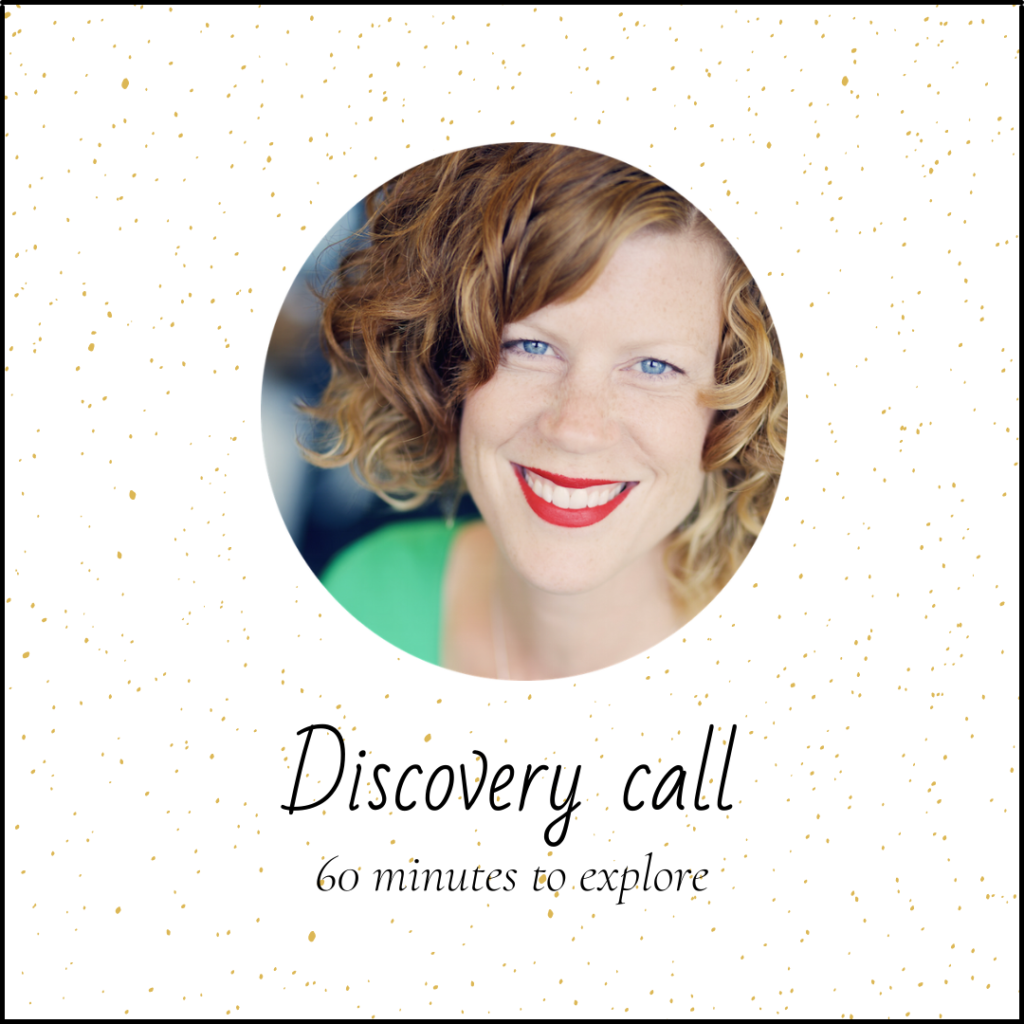
Could you be feeling anxious because you have a vitamin D deficiency? We know that vitamin D is implicated in depression, but it also seems to play a strong role in anxiety and other affective disorders.
When was the last time you had your vitamin D levels checked?
Did you know that most doctors will do the test relatively willingly as the research is quite strong on its effect on your health?
What is vitamin D?
Vitamin D is actually a group of vitamins that include calciferol (vit D2) and cholecalciferol (vit D3). Vitamin D2 is found in animal products (meat, eggs and some veg) while vitamin D3 is created in the body when UV rays hit our skin.
It’s a fat-soluble, or fat-loving, vitamin. This means that we store it in our fat cells. This occurs during the summer months when we take in more than we need and then use it up during the winter months when we don’t get enough.
What causes vitamin D deficiency?
In general, two causes of vitamin D deficiency are:
- Not getting enough vitamin D via your diet or sunlight
- Your body isn’t properly absorbing or utilising vitamin D
There are several specific causes of vitamin D deficiency, including:
- Some medical conditions (cystic fibrosis, Crohn’s disease, coeliac disease, obesity, kidney disease, liver disease, pregnancy)
- Weight loss-surgeries that affect absorption
- Certain medication
How do I know whether I’m low in vitamin D?
We know that vitamin D is important for our bone health and our immune and neuromuscular systems. It controls calcium and phosphate balance in the body, but it’s also extremely important for our mental health. If you were low in vitamin D, you may experience any number of symptoms, such as:
- Low energy
- Fatigue
- Muscle weakness
- Bone pain
- Depression
- Anxiety
- Muscle cramps
- Children will get rickets in extreme cases
What do I need to look for?
Your doctor, or nutrition practitioner, will measure 25-hydroxyvitamin D3 (25(OH)D) in your blood. Unfortunately, the reference ranges that the medical world uses are still relatively low. If your vitamin D comes back at 60nmol/l, then your doctor may say that your levels are fine.
In the Netherlands, where I live, the range is between 50-250nmol/l.
- If the levels beyond 250nmol/l are toxic, do you really want to have levels at 235nmol/l and have your doctor tell you are fine?
- If levels below 50nmol/l lead to disease, do you really want to just barely be avoiding disease? Or would you rather be living with levels that allow you to feel amazing and symptom-free?
Who suffers from vitamin D deficiency?
Vitamin D deficiency may be more common in people:
- With higher skin melanin content (darker skin)
- Who wear clothing with extensive skin coverage (due to job, religion or culture)
- Who spend a lot of time indoors (those who are elderly, bedridden or work indoors)
- Live in areas where UV rays don’t get through during winter months (ie Sept – March in the northern hemisphere)
You may have a deficiency if you suffer from any of the symptoms above, so get tested.
What do I do if my vitamin D levels are deficient?
There are several ways to raise your vitamin D:
- Get exposure to UV rays; spend time in the early morning or late afternoon sun with arms, face and legs exposed
- Eat foods that contain vitamin D2 (oily fish, liver, meat, eggs, mushrooms and some other vegetables)
- Supplement (don’t forget to take it with fats for better absorption ie a spoonful of olive oil)
- It may be beneficial to include probiotics, especially if you have PCOS
- The lower your vitamin D levels, it seems the better you absorb it
I order tests for my clients when their doctor won’t, and I want that for you too.
My name is Joyce Bergsma and I teach my clients how to understand their bodies and nourish them in the best way possible. I help them on the journey to be symptom free so they are living happier, more fulfilling lives.
But what I ALSO do is act as a cheerleader, a navigator and I hold them accountable.
Book a call TODAY! I’ll help you find freedom in your life.




